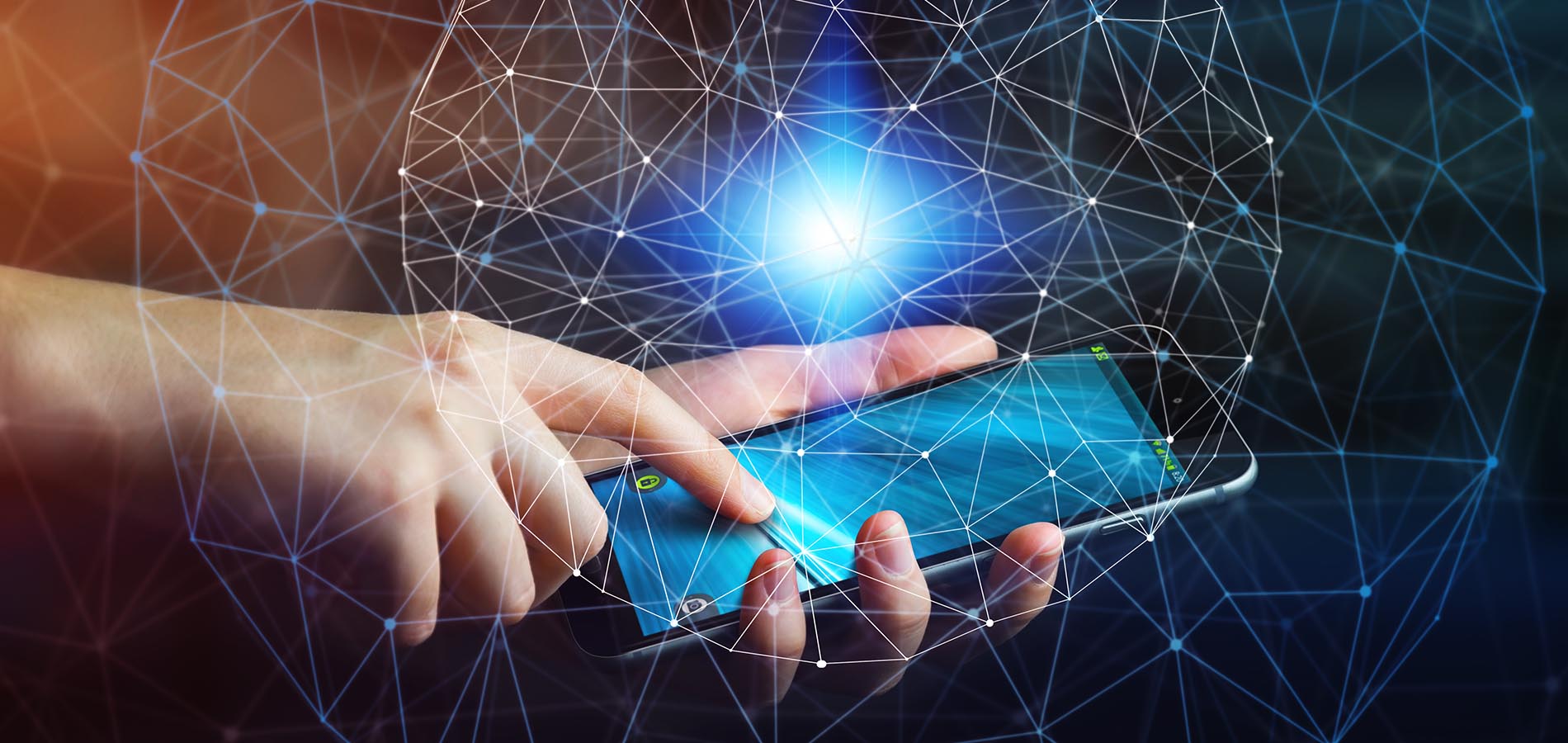
August 18, 2023
The digital economy accounted for 4-4.5% of the total Gross Domestic Product (GDP) in 2014
Today, the digital economy contributes 11% of the GDP
The traditional centre of technological gravity is shifting towards open-source systems and increasingly younger startups
Multiple industries are achieving greater digitization due to the recent developments

The digital economy is expected to contribute more than 20% to India’s GDP by 2026, according to Rajeev Chandrasekhar, the Union Minister of State for Electronics and Information Technology, while speaking at the G20 Digital Innovation Alliance Summit.
Chandrasekhar highlighted the remarkable growth of the digital economy, stating that it has progressed from 4-4.5% of the total GDP in 2014 to 11% today.
The minister emphasized that India’s embrace of technology encompasses delivering tangible solutions that have significantly transformed various aspects of people’s lives, governance, and democratic processes in recent years.
He noted that this rapid digitalization has led to a scenario where virtually every citizen and consumer engages with digital products and services, which connects individuals to government services. He further pointed out the manifold impacts generated by this trend, such as the utilization of cloud services and the ensuing effects on various industries.
Chandrasekhar also mentioned that the traditional centre of technological gravity, once dominated by a few countries and corporations, is shifting towards open-source systems and increasingly younger startups disrupting established norms.
These developments, he stated, are capitalizing on the overarching trend of greater digitization across industries.
Source: Moneycontrol